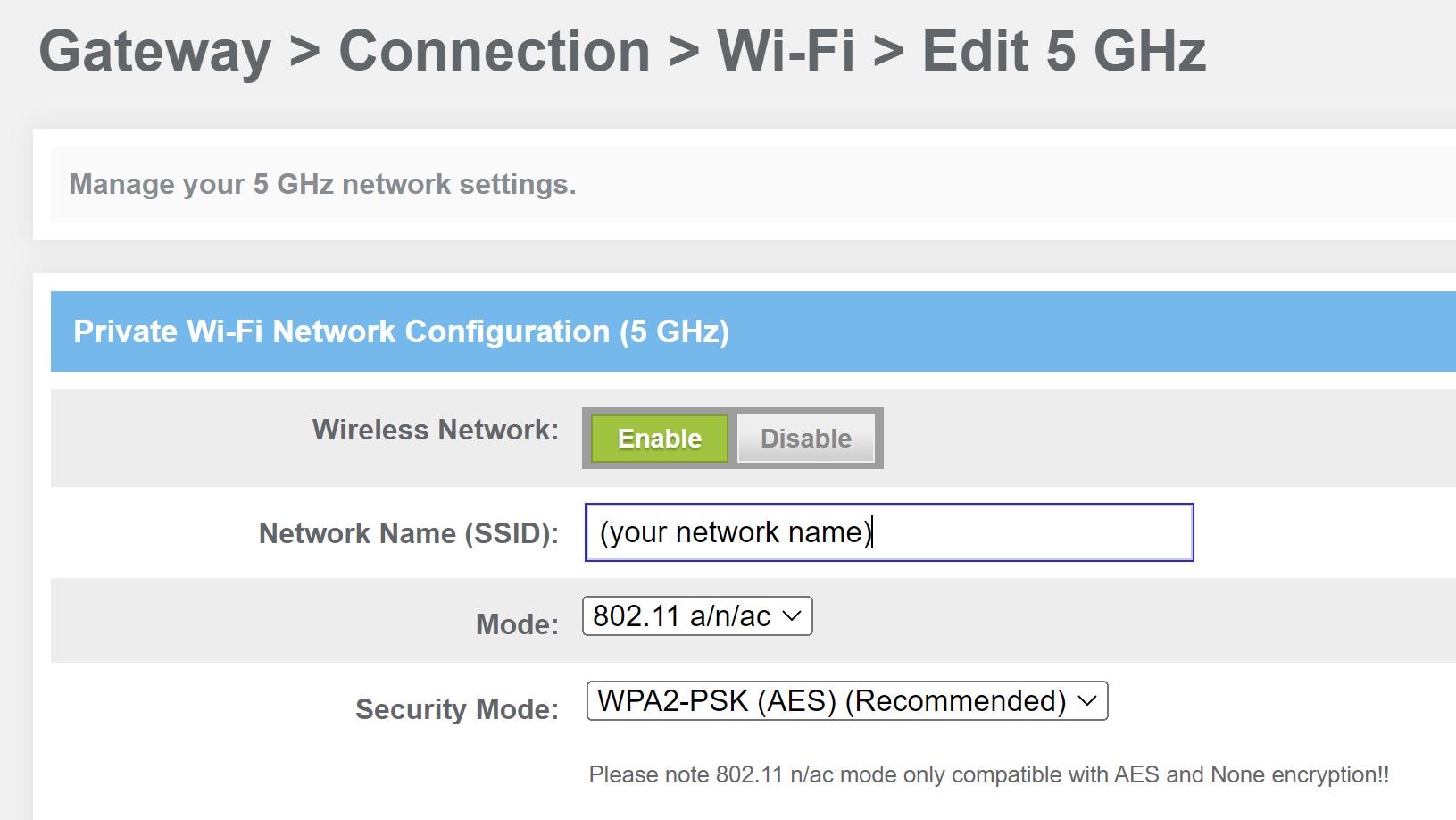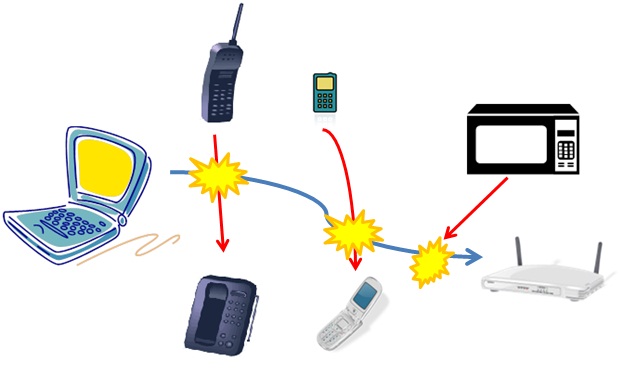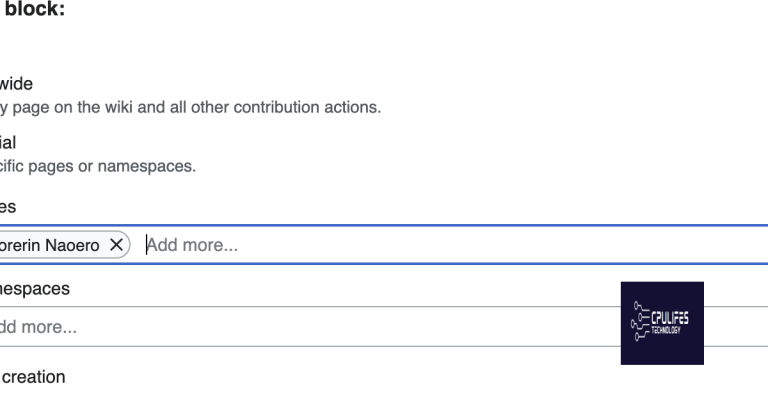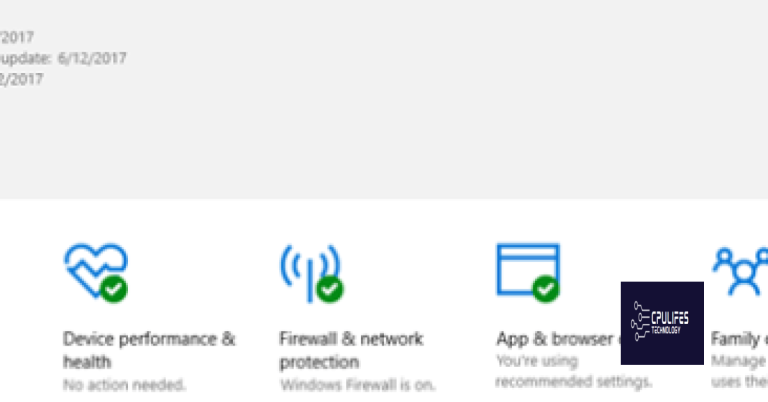Why Does My WiFi Say Weak Security? Fix it Now!
Unraveling the mystery behind your WiFi network’s weak security, this article delves into the reasons behind the unsettling message and provides essential solutions to fortify your connection.
Understanding the Evolution of Wi-Fi Security
Wi-Fi security has come a long way since its inception. Today, there are various security standards available to protect your network from potential threats. However, if your Wi-Fi says “Weak Security,” it’s important to take immediate action to ensure the safety of your connection.
To fix this issue, follow these steps:
1. Access your router settings by typing your router’s IP address into your browser.
2. Look for the “Security” or “Wireless Security” section in the settings menu.
3. Change the security method to WPA2 or WPA3, which are considered more secure than older standards like WEP.
4. Choose an encryption method such as TKIP or AES.
5. Set a strong password for your Wi-Fi network.
By following these steps, you can enhance the security of your Wi-Fi connection and protect it from potential attacks. Remember, it’s crucial to stay up to date with the latest security standards and regularly check your router settings for any security recommendations.
For more detailed instructions and troubleshooting, refer to the support article on Payetteforward.com or consult your router’s user manual.
Stay secure and enjoy a safe Wi-Fi experience!
Additionally, Fortect addresses freezing programs, damaged DLLs, and even helps repair causes of the Blue Screen of Death. It’s a comprehensive program to ensure your computer runs smoothly.
Enhancing Wi-Fi Security for Better Protection
If your Wi-Fi says “Weak Security,” it’s crucial to take immediate action to protect your network from potential threats. Here’s what you can do:
1. Update your Wi-Fi router’s security settings. Log in to your router’s admin page and look for the security section. Choose a strong encryption method like WPA2 or the newer WPA3 if supported.
2. Change the default password for your Wi-Fi network. Use a unique and strong password that includes a combination of letters, numbers, and special characters.
3. Enable the “Hidden Network” feature on your router. This prevents your Wi-Fi network from being visible to others.
4. Regularly update your router’s firmware to ensure it has the latest security patches and features.
5. Consider enabling MAC address filtering. This allows only specified devices to connect to your Wi-Fi network.
Remember, securing your Wi-Fi network is crucial for protecting your personal and sensitive information from unauthorized access. Take these steps to ensure a safer and more secure Wi-Fi connection.
Troubleshooting Wi-Fi Access Issues
- Check your Wi-Fi network security settings: Ensure that your Wi-Fi network is using the latest security protocols, such as WPA2 or WPA3, to protect your connection.
- Update your Wi-Fi router firmware: Keep your router’s firmware up to date to ensure it has the latest security patches and improvements.

- Change your Wi-Fi network password: Create a strong and unique password for your Wi-Fi network to prevent unauthorized access.
- Disable Wi-Fi Protected Setup (WPS): WPS can be a security vulnerability, so consider turning it off in your router settings.
- Check for nearby interference: Keep your Wi-Fi router away from devices that may cause interference, such as cordless phones, microwave ovens, or Bluetooth devices.
- Update your device’s Wi-Fi drivers: Ensure that your computer or mobile device has the latest Wi-Fi drivers installed for optimal performance and security.

- Restart your Wi-Fi router and devices: Sometimes a simple restart can solve connectivity issues. Power off your router and devices, wait for a few seconds, and then power them back on.
- Move closer to your Wi-Fi router: Weak signals due to distance can cause security issues. Try moving closer to your router for a stronger and more secure connection.
- Reset your Wi-Fi router: If all else fails, consider resetting your router to its factory settings. Note that this will erase all your customized settings, so proceed with caution.
Strengthening Privacy and Security with iOS 14
If your WiFi says “Weak Security,” it’s important to take action to protect your network. Here’s how you can fix it:
1. Upgrade your router’s security: Check your router’s security settings and make sure it’s using the most up-to-date encryption methods, such as WPA2 or WPA3. If it’s using outdated security standards like WEP or TKIP, consider upgrading your router.
2. Change your WiFi password: Create a strong, unique password for your WiFi network. Avoid using common passwords or personal information that can be easily guessed.
3. Enable network encryption: Enable encryption on your WiFi network to protect your data from being intercepted by snoopers. This can usually be done through your router’s settings.
4. Keep iOS up to date: Make sure your iPhone or iPad is running the latest version of iOS 14. Updates often include important security patches to keep your device and network secure.
5. Avoid unsecured networks: Be cautious when connecting to public or unsecured WiFi networks. They may not have the necessary security measures in place to protect your data.
By following these steps, you can strengthen the privacy and security of your WiFi connection on iOS 14. For more detailed instructions, refer to the support article on payetteforward.com. Stay safe online!
Beware of the message “weak security” displayed by your WiFi, as it indicates potential vulnerabilities that could compromise the safety and privacy of your network. Download this tool to run a scan





